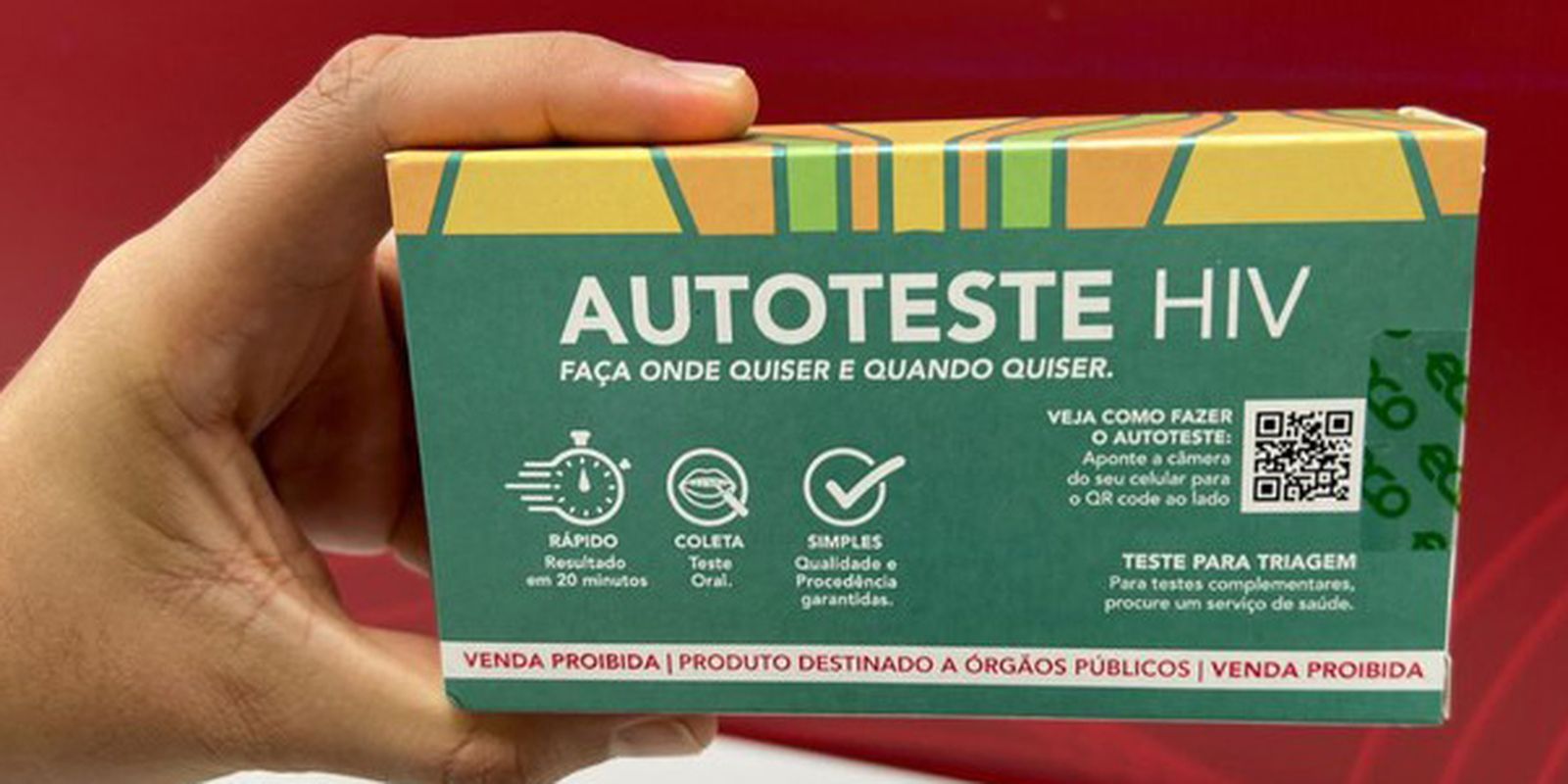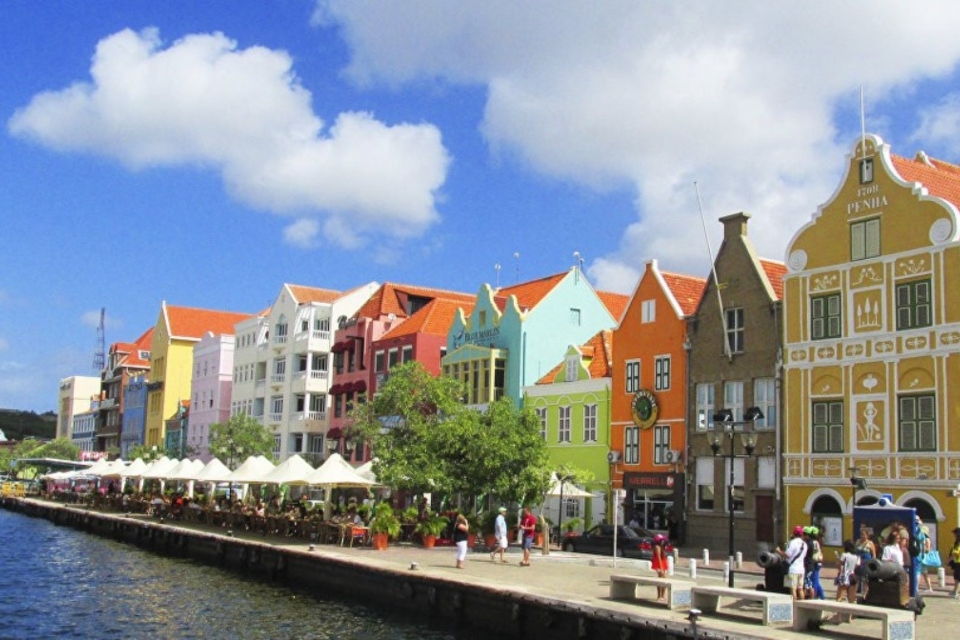In the coming months, public health services across the country and civil society organizations that partner with the Ministry of Health will receive the HIV self-test in new, smaller and discreet packaging. The update aims to expand the diagnosis of the infection, ensuring timely treatment, and consequently eliminating transmission.
“This change is not limited to a simple aesthetic adjustment, we believe that the smaller packaging will make the self-test easier to transport, making it more discreet and accessible”, says the general coordinator of HIV and AIDS Surveillance, Artur Kalichman.
The HIV self-test is distributed free of charge throughout the national territory and the units where it is distributed can be consulted online. The exam is easy to use and can be performed by the person at the time and place they prefer, with the same ease as other rapid tests.
The new packaging also has a red stripe indicating that its sale is prohibited and the supplier’s toll-free support number, open 24 hours a day, seven days a week.
The exam is easy to use and can be performed by the person at the time and place they prefer, with the same ease as other rapid tests.
The new packaging also has a red stripe indicating that its sale is prohibited and the supplier’s toll-free support number, open 24 hours a day, seven days a week.
The exam uses an oral fluid sample and the result is obtained in 20 minutes. Each package contains a tube with diluent solution, a swab (a type of cotton swab) for collecting the sample, a result card, a test strip that will indicate the result, a user guide and a card with instructions, as well as a bag for discard. Before testing, you must spend 30 minutes without drinking, eating, smoking or practicing oral hygiene. Complete instructions for use are in the user guide and are also available available on videoon the internet.
Self-testing is recommended by the Ministry of Health for people exposed to the risk of contagion through unprotected sexual intercourse, including condom breakage; sexual violence; and work accidents with sharp objects. In case of a positive result, the self-test is not considered a definitive diagnosis, and additional tests are still necessary to confirm the infection and start post-exposure prophylaxis (PrEP), which can be carried out in the Unified Health System (SUS) itself.
According to the latest data from the ministry, by 2023 more than 182,000 self-tests had been distributed in the country. Of this total, 37% were intended for use in Prep within the health system itself and 27% were withdrawn for individual use.
“Simplifying the testing process and making it more accessible and less intimidating are ways to break down barriers and make the response to HIV more effective and inclusive”, concludes the director of the Department of HIV, AIDS Tuberculosis, Viral Hepatitis and Sexually Transmitted Infections, Draurio Barreira.















